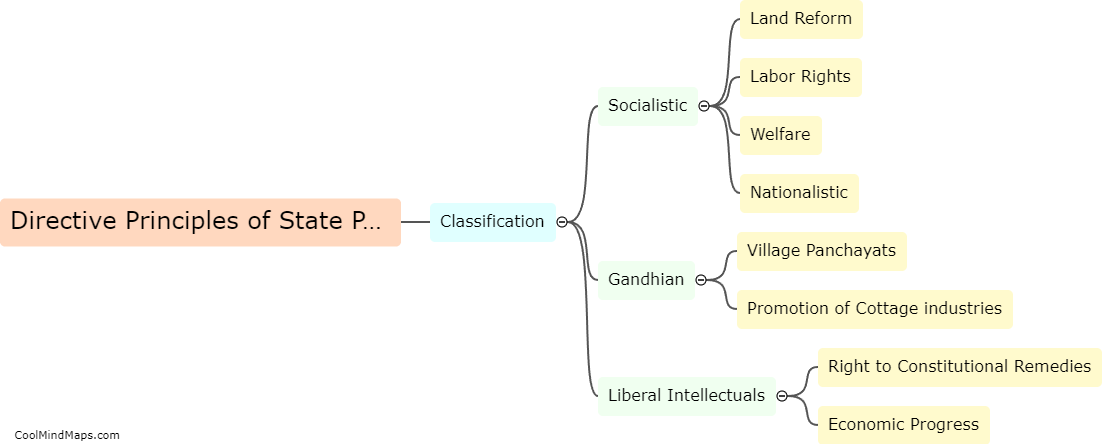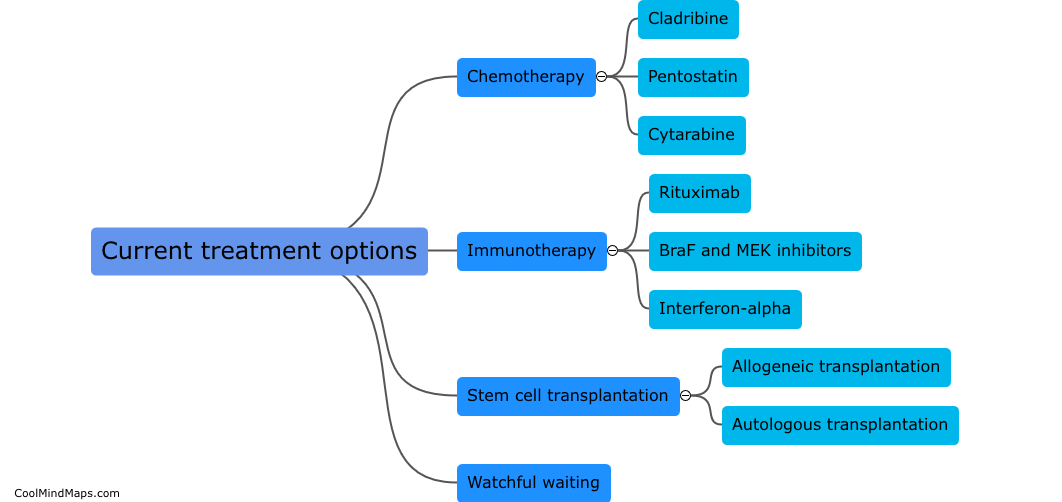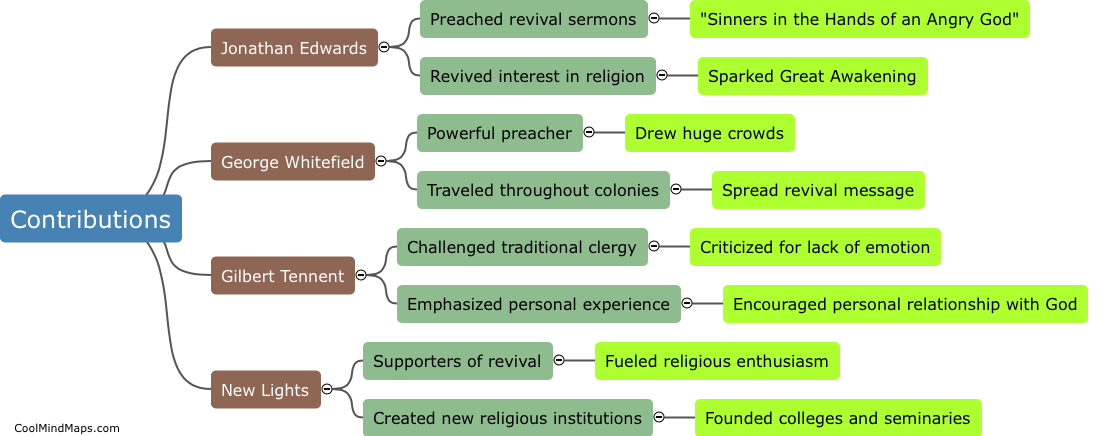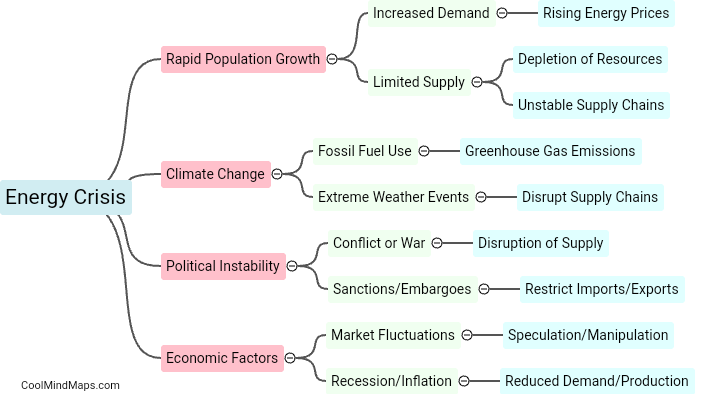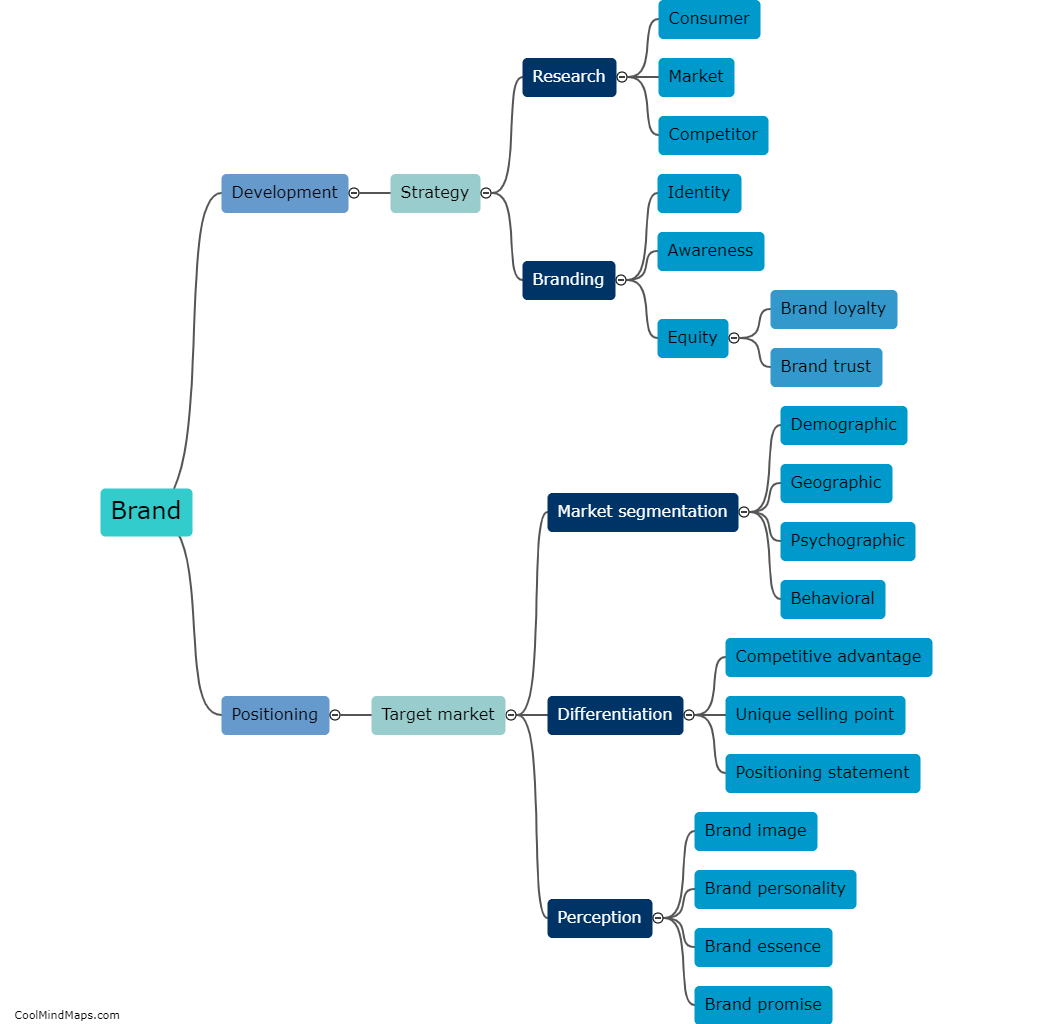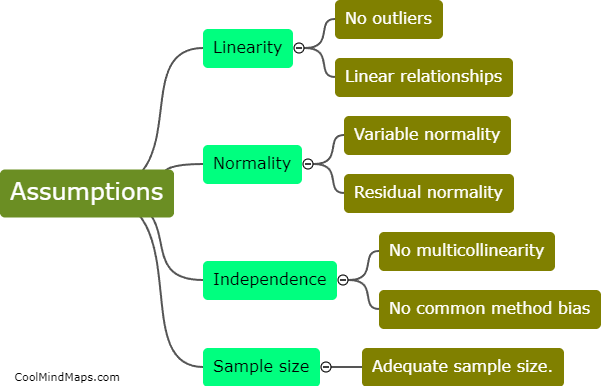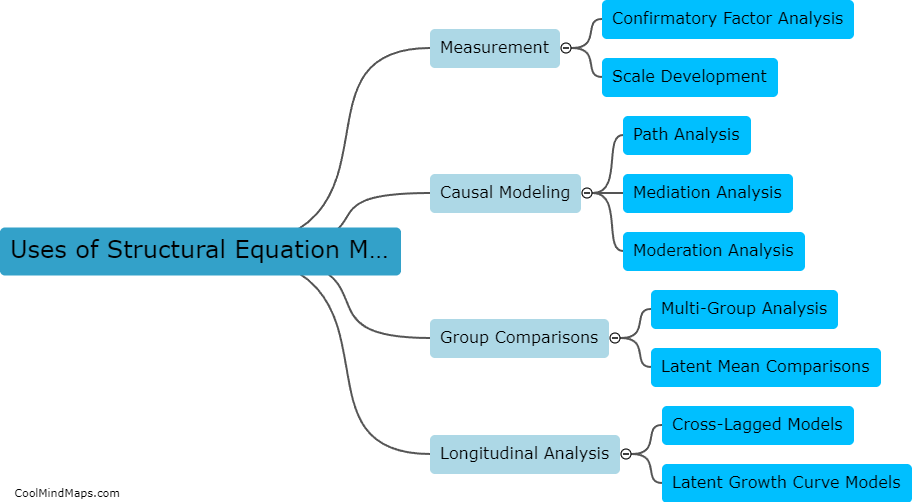What is an incomplete randomized block design?
An incomplete randomized block design is a type of experimental design that is commonly used in agricultural and medical research to minimize the effects of variation between experimental units and to increase the power of statistical tests. In this design, experimental units are grouped into blocks based on one or more confounding factors that could influence the results of the experiment, such as age, sex, or genetic background. The blocks are randomized to receive treatments, and some experimental units may be left untreated or receive a placebo. This design is called incomplete because not all treatments are applied to every unit, and randomized because the allocation of treatments is randomly assigned within each block.

This mind map was published on 19 June 2023 and has been viewed 102 times.
